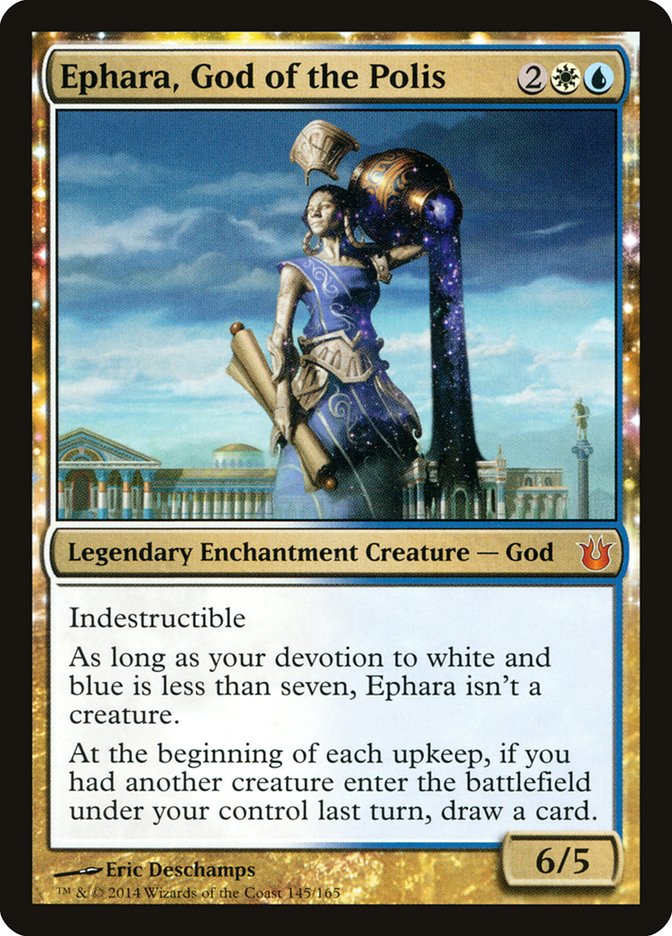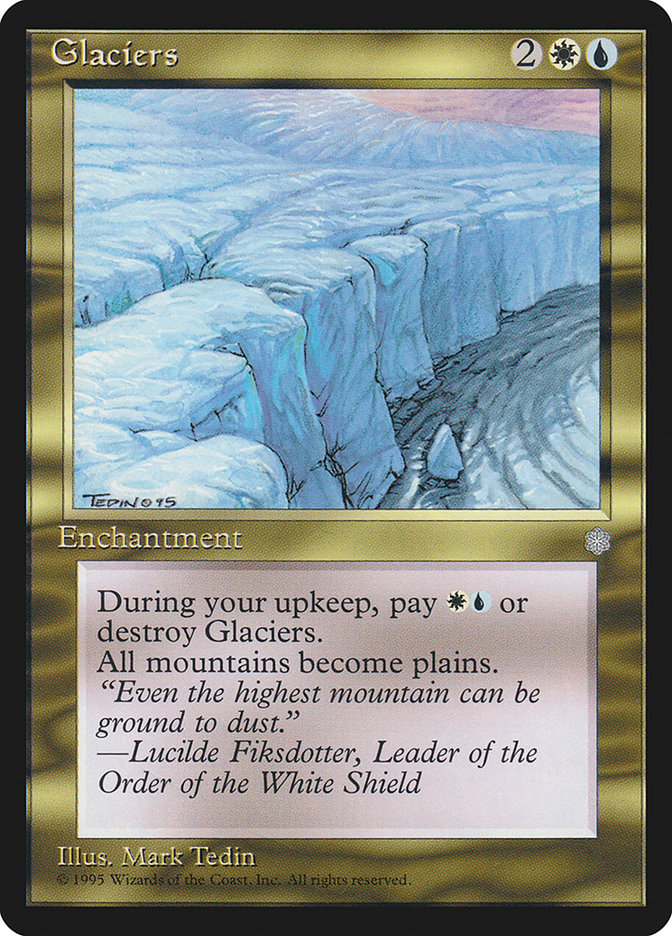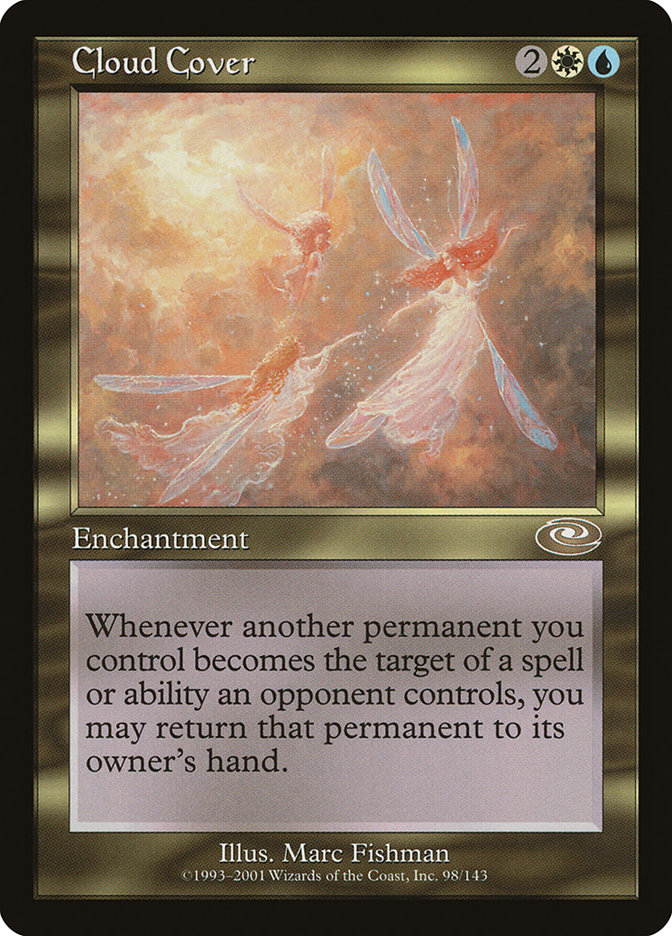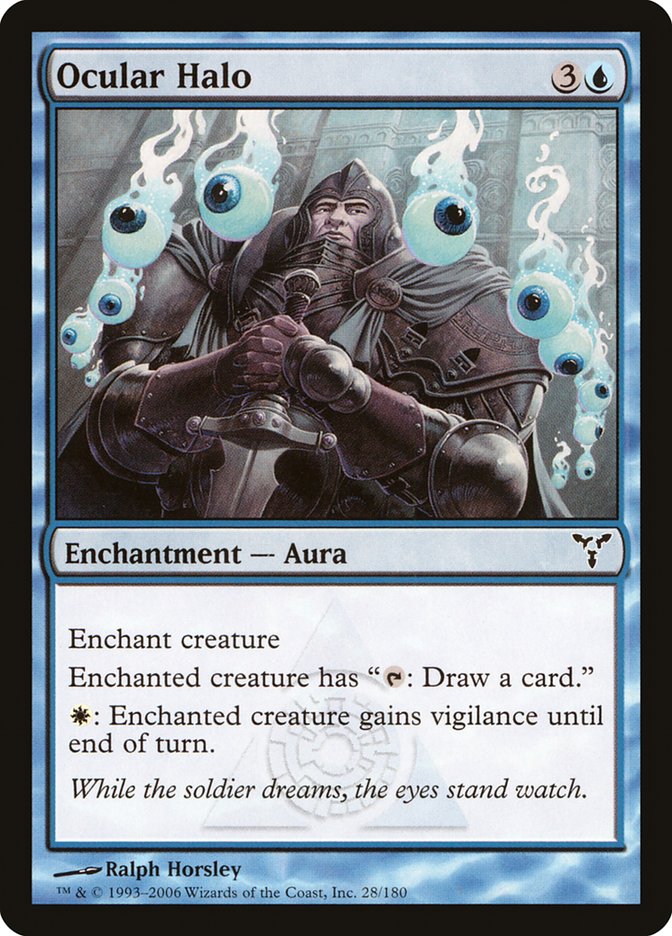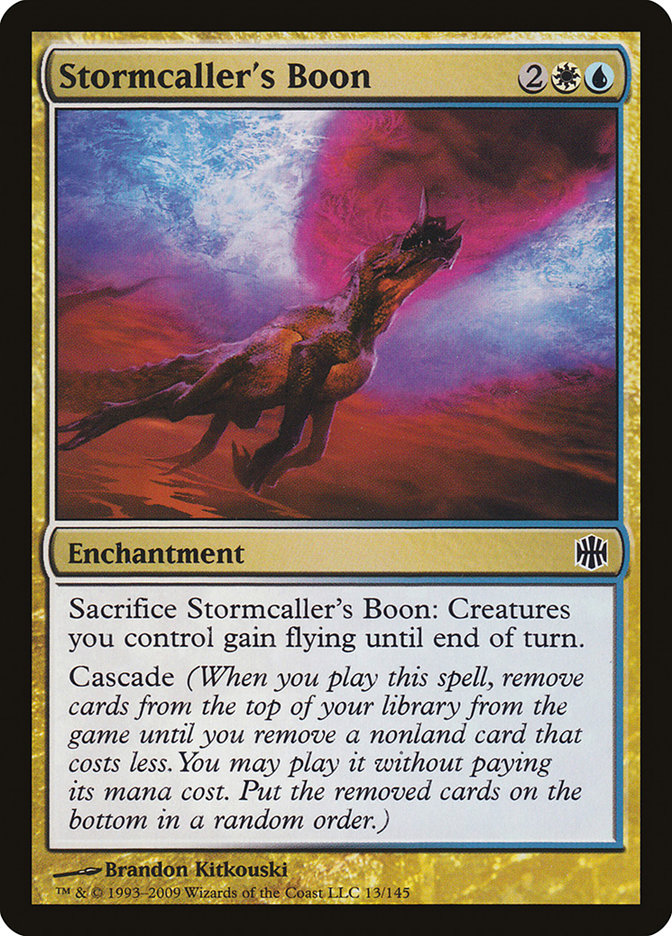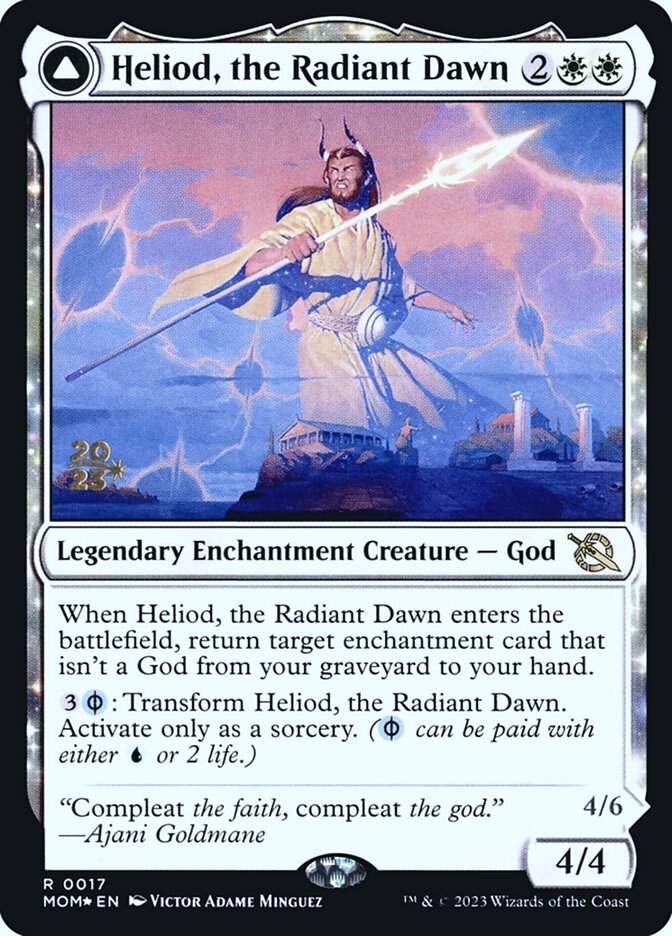Ephara, God of the Polis MTG Card
| Card sets | Released in 2 setsSee all |
| Mana cost | |
| Converted mana cost | 4 |
| Rarity | Mythic |
| Type | Legendary Enchantment Creature — God |
| Abilities | Indestructible |
| Power | 6 |
| Toughness | 5 |
Text of card
Indestructible As long as your devotion to white and blue is less than seven, Ephara isn't a creature. At the beginning of each upkeep, if you had another creature enter the battlefield under your control last turn, draw a card.
Cards like Ephara, God of the Polis
Ephara, God of the Polis brings a unique dynamic to the table of Magic the Gathering, reminiscent of other divine entities in the pantheon but with distinct features. Ephara has a place among powerful gods like Thassa, God of the Sea, each boasting indestructibility and a devotion requirement to become a creature. Ephara stands out with her ability to draw a card at the beginning of each upkeep if you had a creature enter the battlefield under your control during the last turn. Thassa, while controlling the board with her unblockable creature-enabling powers, lacks this consistent card draw mechanism.
Another similar deity in this realm is Keranos, God of Storms, who also rewards players at the beginning of their upkeep, but with either card draw or direct damage. Both gods are designed to advance your game state, yet Ephara ensures card advantage more regularly, without the randomness inherent to Keranos’ lightning strikes. It is clear that in the lineup of Theros gods, Ephara, God of the Polis offers a dependable synergy for creature-heavy decks looking to capitalize on card draw while developing a formidable board presence.
When evaluating the gods of MTG’s multiverse, Ephara’s reliable card draw is a boon for players seeking to maintain momentum in the game. Considering the nuances and particular strategies each god brings to the fold, Ephara’s presence in a deck ensures a powerful ally for those with a steady stream of creatures marching onto the battlefield.
Cards similar to Ephara, God of the Polis by color, type and mana cost
Card Pros
Card Advantage: Ephara God of the Polis offers consistent draw power by rewarding you with an extra card for each creature that enters the battlefield under your control during your upkeep. This steady stream of cards ensures you never fall behind in hand resources, making it a powerhouse for decks that focus on creature play.
Resource Acceleration: By virtue of the card-drawing ability, Ephara accelerates your resource gathering, as more cards in hand means more land drops and spell casting opportunities. This can quickly lead to an overwhelming board state for your opponent as you deploy more threats or answers with ease.
Instant Speed: While Ephara itself is not an instant, this deity can capitalize on creatures that enter the battlefield at instant speed. Flash creatures played on your opponent’s turn not only bolster your defense or disrupt their plays but also guarantee an additional card draw on your next upkeep, efficiently using your mana and maintaining pressure both on your turn and theirs.
Card Cons
Discard Requirement: Ephara, God of the Polis mandates consistent creature deployment to harness her card draw ability. If your hand is depleted or the battlefield presence is restricted, her utility declines, making it difficult to capitalize on her potential without sufficient resources.
Specific Mana Cost: Ephara’s devotion to white and blue mana requires a dedicated deck structure to utilize her effectively. This specific mana cost can be a constraint, particularly in multicolored decks that may struggle with mana consistency.
Comparatively High Mana Cost: With a casting cost of four mana, including both white and blue, Ephara can be a slower addition to the battlefield. There are other options for card draw or presence on the battlefield that could be more mana-efficient, making her less appealing in fast-paced games or against decks that apply early pressure.
Reasons to Include in Your Collection
Versatility: Ephara God of the Polis offers a unique advantage in any deck that can consistently play creatures. With its ability to draw an extra card on each turn where a creature enters the battlefield under your control, it fits seamlessly into strategies that are creature-heavy or make use of flicker and bounce effects.
Combo Potential: Ephara has natural synergy with cards that generate creature tokens or have enter the battlefield effects. This allows players to build around her for potentially unlimited card draw, making her an engine in the right deck that thrives on maintaining a full hand.
Meta-Relevance: Given that creature-based strategies are commonplace in various formats, Ephara’s ability to provide card advantage can be a significant boon. As the metagame ebbs and flows, her presence on the board can sway matches in your favor simply by out-valuing your opponents.
How to Beat Ephara, God of the Polis
Ephara, God of the Polis, shines in Commander and other formats where permanents come into play under your control regularly. Her ability to draw you an extra card each turn she’s in play can quickly overwhelm opponents with a tide of resources. To counter this deity’s influence, focus on preventing creatures from entering the battlefield. This can be done through board wipes, which clear out multiple targets at once. Cards like Wrath of God or Damnation can reset the playing field and keep Ephara’s card advantage in check.
Moreover, since Ephara is indestructible, traditional removal won’t suffice. You’ll want to rely on exile effects, sacrifice forcing cards, or use enchantments like Darksteel Mutation to neutralize her without directly destroying her. It’s crucial to keep her devotion to white and blue below the threshold, ensuring Ephara isn’t a creature and thus less of a direct threat. Efficient counterplay revolves around strategic planning and timely execution of spells that specifically target the opponent’s strategy of flooding the board with creatures, thereby denying the fuel Ephara needs to grant her benefits.
Adapting your gameplay to adjust to the constant flux of creatures and maintaining control over the state of the board are key in diminishing Ephara’s impact and claiming victory over your celestial opponent.
BurnMana Recommendations
If you’re keen on shaping a deck that navigates the mythic landscape of MTG with skill, incorporating Ephara, God of the Polis might just be your strategic edge. Her ability to draw additional cards transforms each creature’s appearance into a value play, leading to a well-fortified hand ready for any battle. Whether you seek to overwhelm with a creature-heavy lineup or relish the pace and rhythm of instant speed plays, she stands as a beacon of potential. Dive deeper into crafting and optimizing your deck with our insights. Delve into advanced strategies and discover how Ephara can be your ally in the pursuit of victory. Connect with us to uncover more about creating a dominating presence on the board and enrich your MTG collection.
Where to buy
If you're looking to purchase Ephara, God of the Polis MTG card by a specific set like Born of the Gods and Secret Lair Drop, there are several reliable options to consider. One of the primary sources is your local game store, where you can often find booster packs, individual cards, and preconstructed decks from current and some past sets. They often offer the added benefit of a community where you can trade with other players.
For a broader inventory, particularly of older sets, online marketplaces like TCGPlayer, Card Kingdom and Card Market offer extensive selections and allow you to search for cards from specific sets. Larger e-commerce platforms like eBay and Amazon also have listings from various sellers, which can be a good place to look for sealed product and rare finds.
Additionally, Magic’s official site often has a store locator and retailer lists for finding Wizards of the Coast licensed products. Remember to check for authenticity and the condition of the cards when purchasing, especially from individual sellers on larger marketplaces.
Below is a list of some store websites where you can buy the Ephara, God of the Polis and other MTG cards:
 BUY NOW
BUY NOW BurnMana is an official partner of TCGPlayer
- eBay
- Card Kingdom
- Card Market
- Star City Games
- CoolStuffInc
- MTG Mint Card
- Hareruya
- Troll and Toad
- ABU Games
- Card Hoarder Magic Online
- MTGO Traders Magic Online
See MTG Products
Printings
The Ephara, God of the Polis Magic the Gathering card was released in 2 different sets between 2014-02-07 and 2019-12-02. Illustrated by 2 different artists.
| # | Released | Name | Code | Symbol | Number | Frame | Layout | Border | Artist |
|---|---|---|---|---|---|---|---|---|---|
| 1 | 2014-02-07 | Born of the Gods | BNG | 145 | 2003 | Normal | Black | Eric Deschamps | |
| 2 | Secret Lair Drop | SLD | 72 | 2015 | Normal | Black | Jason A. Engle |
Legalities
Magic the Gathering formats where Ephara, God of the Polis has restrictions
| Format | Legality |
|---|---|
| Commander | Legal |
| Legacy | Legal |
| Modern | Legal |
| Oathbreaker | Legal |
| Vintage | Legal |
| Duel | Legal |
| Pioneer | Legal |
| Penny | Legal |
Rules and information
The reference guide for Magic: The Gathering Ephara, God of the Polis card rulings provides official rulings, any errata issued, as well as a record of all the functional modifications that have occurred.
| Date | Text |
|---|---|
| 2013-09-15 | Hybrid mana symbols, monocolored hybrid mana symbols, and Phyrexian mana symbols do count toward your devotion to their color(s). |
| 2013-09-15 | If a God enters the battlefield, your devotion to its color (including the mana symbols in the mana cost of the God itself) will determine if a creature entered the battlefield or not, for abilities that trigger whenever a creature enters the battlefield. |
| 2013-09-15 | If a God is attacking or blocking and it stops being a creature, it will be removed from combat. |
| 2013-09-15 | If a God is dealt damage, then stops being a creature, then becomes a creature again later in the same turn, the damage will still be marked on it. This is also true for any effects that were affecting the God when it was originally a creature. (Note that in most cases, the damage marked on the God won’t matter because it has indestructible.) |
| 2013-09-15 | If a God stops being a creature, it loses the type creature and all creature subtypes. It continues to be a legendary enchantment. |
| 2013-09-15 | If an activated ability or triggered ability has an effect that depends on your devotion to a color, you count the number of mana symbols of that color among the mana costs of permanents you control as the ability resolves. The permanent with that ability will be counted if it’s still on the battlefield at that time. |
| 2013-09-15 | Mana symbols in the text boxes of permanents you control don’t count toward your devotion to any color. |
| 2013-09-15 | Numeric mana symbols (, , and so on) in mana costs of permanents you control don’t count toward your devotion to any color. |
| 2013-09-15 | The abilities of Gods function as long as they’re on the battlefield, regardless of whether they’re creatures. |
| 2013-09-15 | The type-changing ability that can make the God not be a creature functions only on the battlefield. It’s always a creature card in other zones, regardless of your devotion to its color. |
| 2014-02-01 | Ephara’s last ability checks at the beginning of each upkeep whether another creature entered the battlefield under your control last turn. If one did, it will trigger; otherwise, it won’t. The ability will trigger only once no matter how many creatures entered the battlefield under your control that turn, as long as at least one did. |
| 2014-02-01 | If a noncreature permanent you control (such as an Aura with bestow) becomes a creature, it will not cause Ephara’s last ability to trigger the following turn. This is true even if that noncreature permanent became a creature the same turn it entered the battlefield. |
| 2014-02-01 | The last ability will trigger regardless of what has happened to the creature that entered the battlefield on the previous turn. It doesn’t matter whether it’s still under your control or whether it’s still on the battlefield. |
